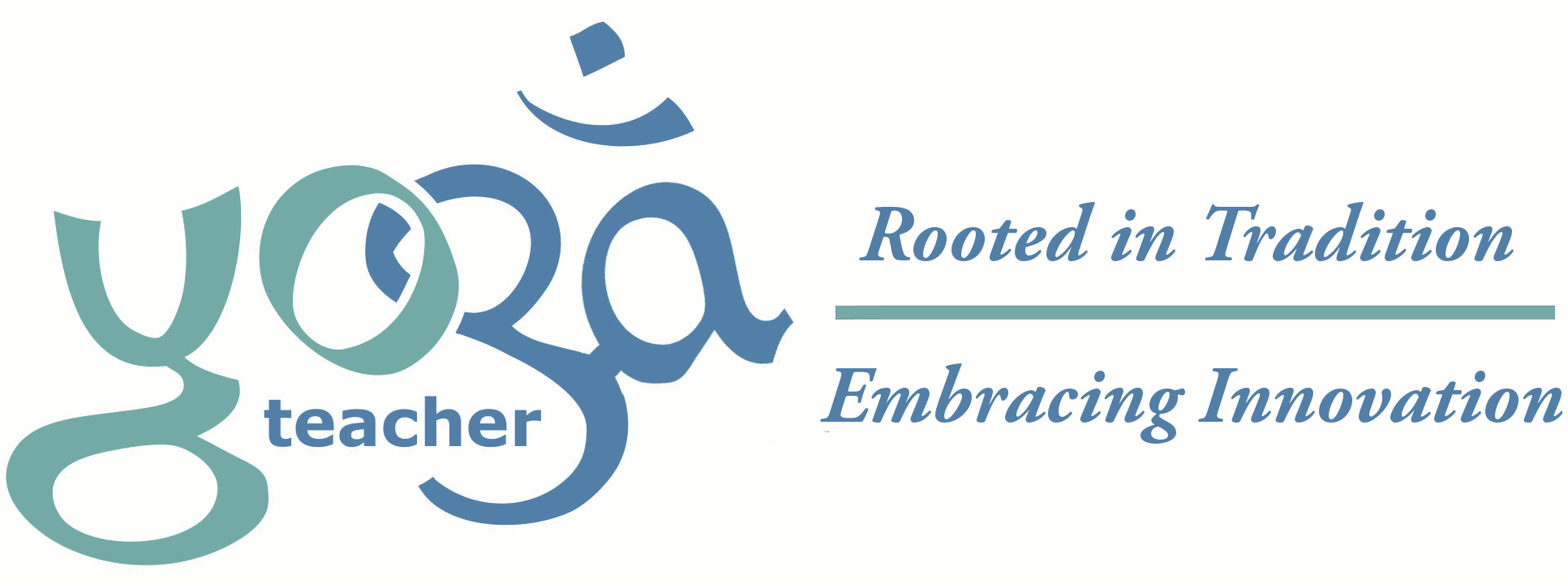
My father was passionate about science, but he couldn’t comprehend my love for Fiction, particularly Science Fiction. He would often suggest that I should spend my time reading biographies and history instead. The only fictional novel he grudgingly admitted as worth reading was Moby Dick! So,you can imagine my surprise and delight when Star Trek premiered in 1966 and my father became a devoted “Trekkie.”
Every Saturday night, we would sit together to watch the show and engage in discussions afterward.
One of the most memorable Star Trek episodes, titled “Darmok,” aired in 1991. The USS Enterprise crew struggled to communicate with the Tamarian civilization, whose language was heavily metaphorical and filled with references to their culture’s history and myths. Due to the lack of familiarity with these references, communication became nearly impossible for the Enterprise crew.
This episode was itself a powerful metaphor for all languages. It highlighted that true meaning in language arises from shared experiences and cultural alignment. The stronger the cultural bond and shared experiences (myths, stories, environments, etc.), the easier it becomes to communicate effectively. People who share memories and experiences can communicate in ways that outsiders cannot comprehend. For instance, fans of the HBO series “The Game of Thrones” understand the significance of the statement “Winter is Coming,” while others may find it less meaningful.
In the past, we had a common literature, like “The Call of the Wild” and “The Red Badge of Courage,” which were read not only by peers but also by parents and grandparents when they were teens. Limited TV channels in the 1960s brought communities together through shared television shows, fostering better communication.
Over the past few decades, our culture has experienced an acceleration of fragmentation. I vividly recall a yoga retreat from many years ago, where we gathered around a campfire in search of a song that everyone knew the lyrics to. After several failed attempts, the atmosphere shifted when someone began singing, “Oh, I wish I were an Oscar Mayer wiener…” and everyone joined in. However, this seemingly lighthearted moment led us to a profound realization. In our diverse and fragmented world, advertising appeared to be the only remaining unifying theme.

Nowadays, finding common ground with others has become challenging. With so many choices for reading materials, music, TV shows, and news sources, any reference to a historical figure, novel, or TV series may often fall on deaf ears or trigger unexpected associations. We are witnessing the fall of the Tower of Babel (if you’re not familiar, look it up).
Yet, there is a silver lining. While the specifics of stories continuously change, universal and unifying ideas still transcend cultural boundaries and resonate with people worldwide. These ideas tap into fundamental human experiences, emotions, and values such as Love, Compassion, Family, Community, Respect, Dignity, Peace, Harmony, our Quest for Knowledge, Appreciation of Nature, Art and Expression of Creativity.
The human desire to survive and overcome challenges is a recurring theme celebrated in stories and myths from diverse cultures. Likewise, humor, albeit varying in style and context, remains a universal thread that binds people from all walks of life.
As communication becomes more challenging, it becomes essential to look beyond the unreliable details of conversations and focus on the core of our shared humanity. Embracing these unifying ideas can bridge the gaps and help us find meaningful connections with others.





